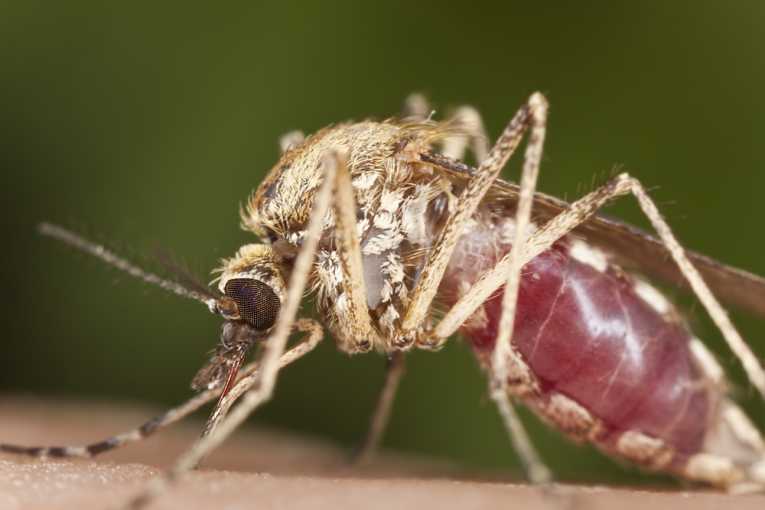A vaccine for malaria could be a step closer after the results of a new drug trial were announced at a meeting of the Malaria Forum hosted by the Microsoft founder Bill Gates' charitable foundation. Each year, 800,000 people are killed by malaria, most of them children aged less than five-years-old, in Africa south of the Sahara.
GlaxoSmithKline Biologicals (GSK) is behind the RTS S vaccine and results of a large scale trial were announced at a meeting hosted by the Bill and Melinda Gates Foundation in Seattle. The drug was tested in seven countries in sub-Saharan Africa and the results are encouraging. In the 6,000 five to seventeen-month-old children vaccinated with three doses of the drug, there was a reduced risk of contracting clinical malaria (56% down) and severe malaria (47%).
Now, the research will move to test the effect of the vaccine and whether it is safe on younger children. Already though, testing on all children in the trial (more than 15,000 aged from six weeks to 17 months) shows that RTS S is 35% effective at preventing severe malaria.
Tests will continue on the long-term effects of RTS S and are expected by the end of 2014. According to the study, serious adverse events (very serious side effects) for the drug are around the same level as in those who were given a control drug.
Tsiri Agbenyega, a principal investigator of the trial and Chair of the Clinical Trials Partnership Committee, has called the results an 'important milestone' and GSK CEO Andrew Witty said: "These data bring us to the cusp of having the world's first malaria vaccine, which has the potential to significantly improve the outlook for children living in malaria endemic regions across Africa."

Mosquito net via Shutterstock
Currently, most work on preventing malaria is concentrated in the form of keeping the malaria-bearing mosquito away from its potential victims with insecticide coated bed nets. Bill Gates said: "A vaccine is the simplest, most cost-effective way to save lives. These results demonstrate the power of working with partners to create a malaria vaccine that has the potential to protect millions of children from this devastating disease."
GSK has promised that any vaccine finally made available as a result of its programmes will be affordable, with a 5% limit on profits which GSK says will be invested in further research.










